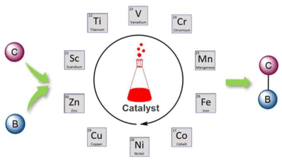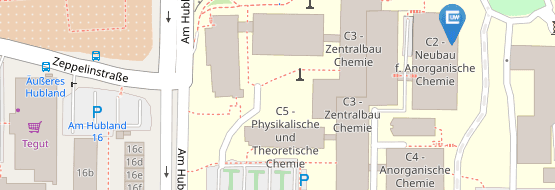Just Published in Chemical Reviews
10.11.2021First-Row d-Block Element-Catalyzed Carbon–Boron Bond Formation and Related Processes
Authors: Shubhankar Kumar Bose,* Lujia Mao*, Laura Kuehn, Udo Radius*, Jan Nekvinda, Webster L. Santos*, Stephen A. Westcott*, Patrick G. Steel*, Todd B. Marder*
Abstract: Organoboron reagents represent a unique class of compounds because of their utility in modern synthetic organic chemistry, often affording unprecedented reactivity. The transformation of the carbon–boron bond into a carbon–X (X = C, N, and O) bond in a stereocontrolled fashion has become invaluable in medicinal chemistry, agrochemistry, and natural products chemistry as well as materials science. Over the past decade, first-row d-block transition metals have become increasingly widely used as catalysts for the formation of a carbon–boron bond, a transformation traditionally catalyzed by expensive precious metals. This recent focus on alternative transition metals has enabled growth in fundamental methods in organoboron chemistry. This review surveys the current state-of-the-art in the use of first-row d-block element-based catalysts for the formation of carbon–boron bonds.
Link: https://pubs.acs.org/doi/full/10.1021/acs.chemrev.1c00255





